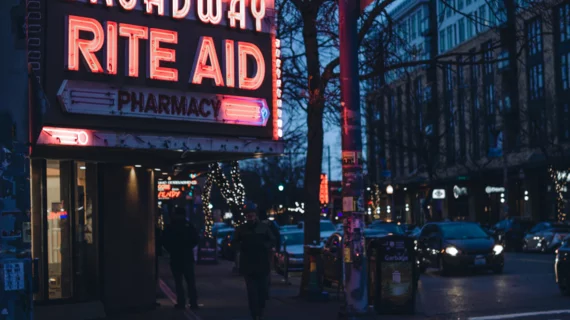Recent Rite Aid store closings exceed 200
Right Aid is turning out the lights in 53 more stores across nine states.
The new closures follow 154 such measures in October, November and January, and they come half a year after the company filed for bankruptcy.
The April move will affect customers who’ve been Rite Aid shoppers and pharmacy patients in California, Maryland, Massachusetts, Michigan, New Jersey, New York, Ohio, Pennsylvania and Virginia.
According to Reuters and numerous news outlets, Rite Aid maintains that the closings are unrelated to the Federal Trade Commission’s investigation into the chain’s use of cameras and facial recognition technology to stem shoplifting in select stores from 2012 to 2020.
Rite Aid quit using the technology following allegations its anti-theft strategy was discriminatorily based on race. At the time the company said it selected stores to pilot the program based on data showing theft patterns by location along with local and national crime statistics.
Earlier in 2024, the bankruptcy court OK’d Rite Aid’s request to sell Elixir, its pharmacy benefits company.
The company says it will seek final court approval for its 2024 restructuring plan on April 22.
For updates straight from Rite Aid, including links to court filing documents, click here.
In the meantime, the company remains under the search lights of the consumer media.

